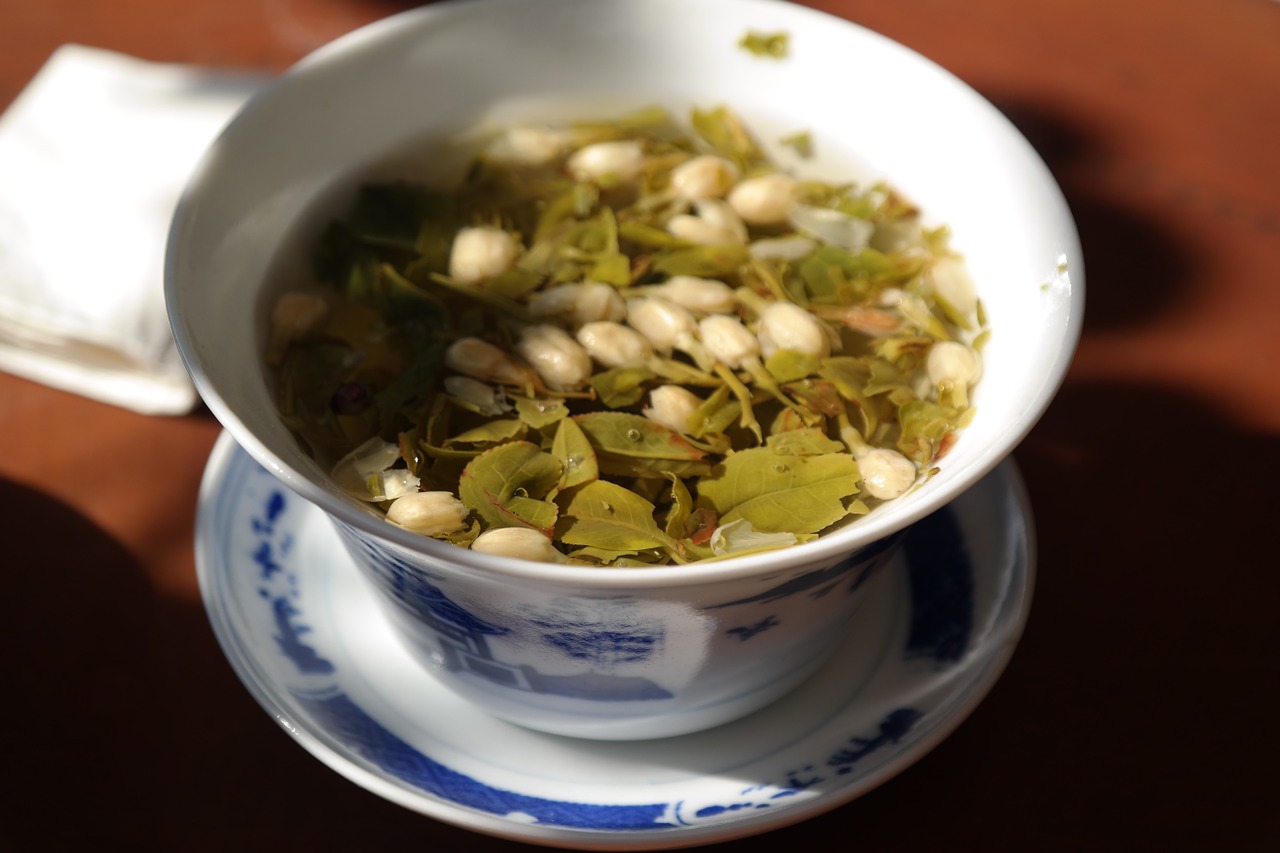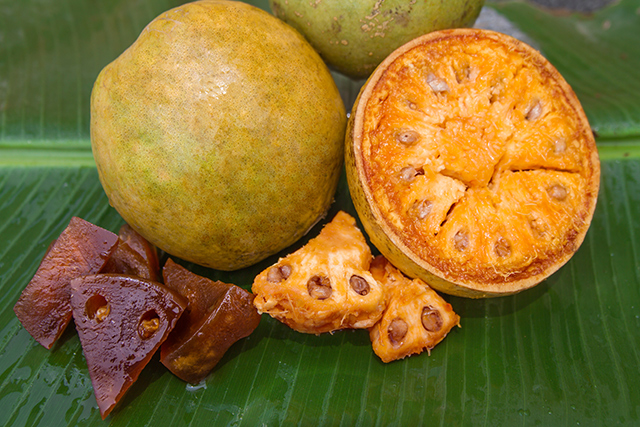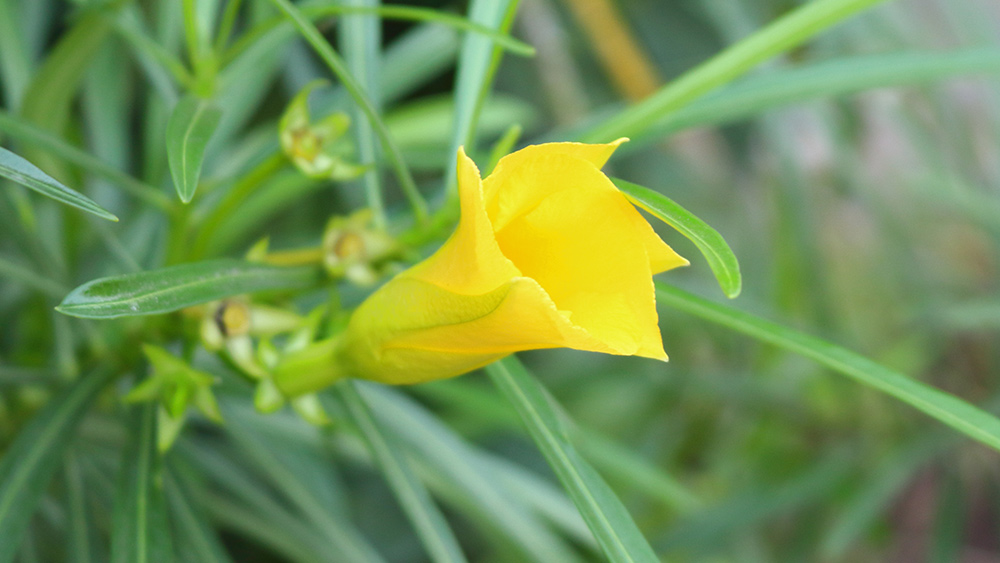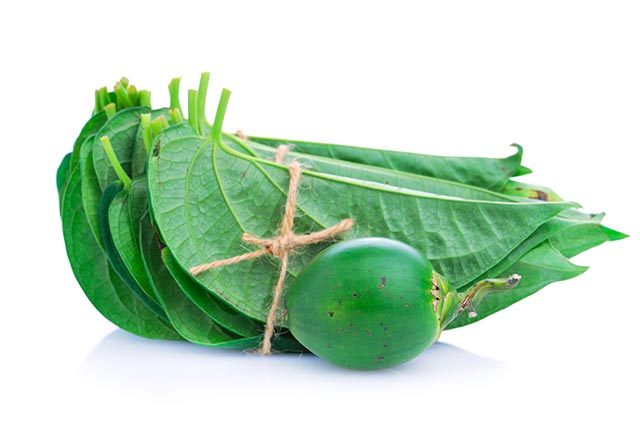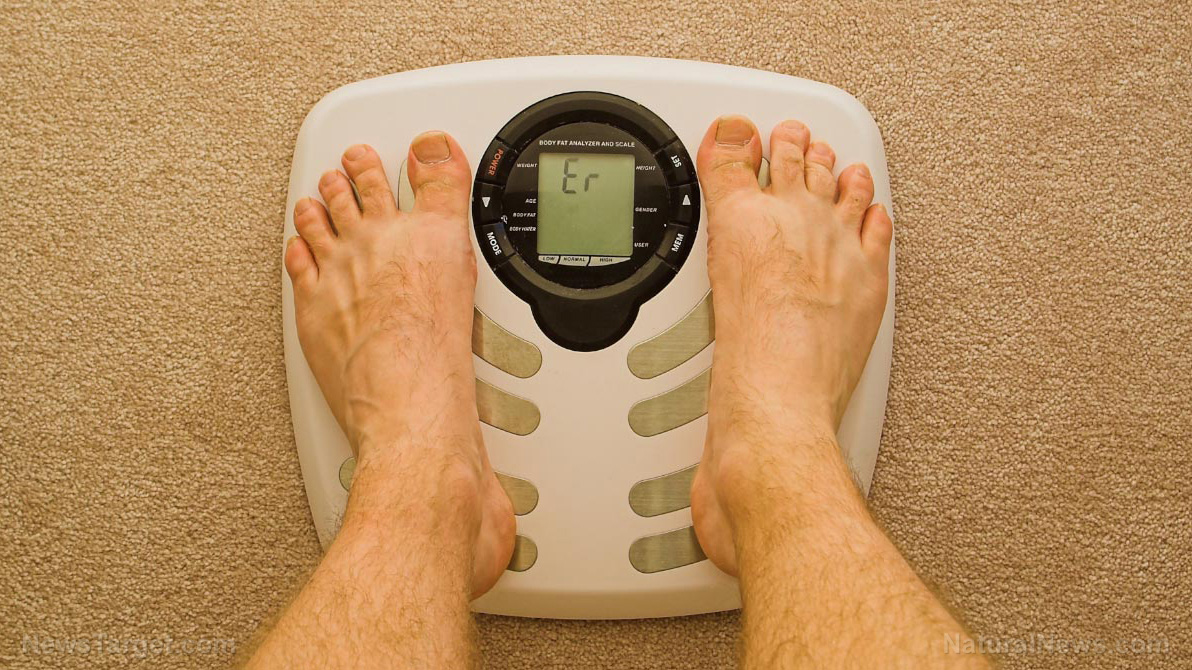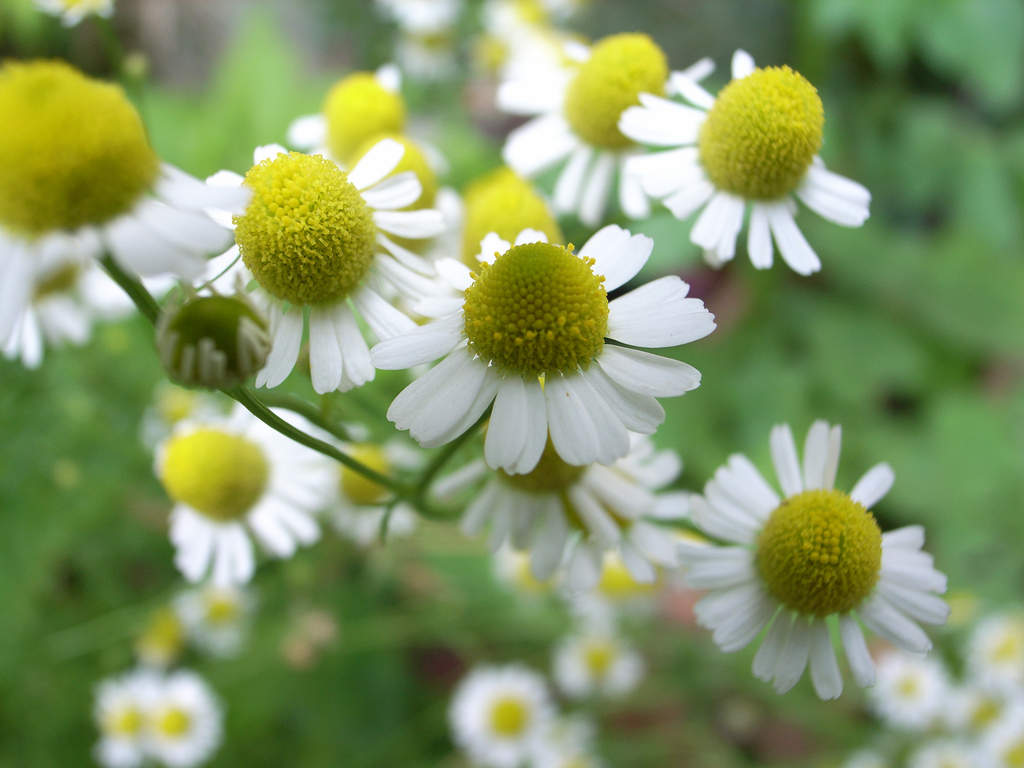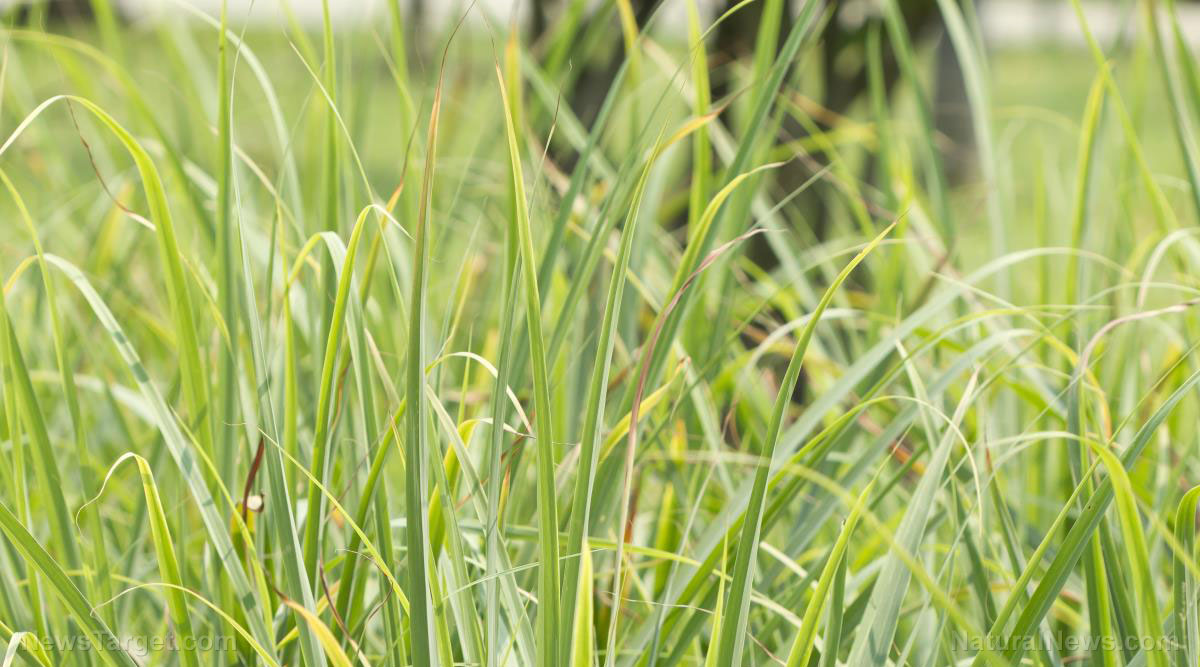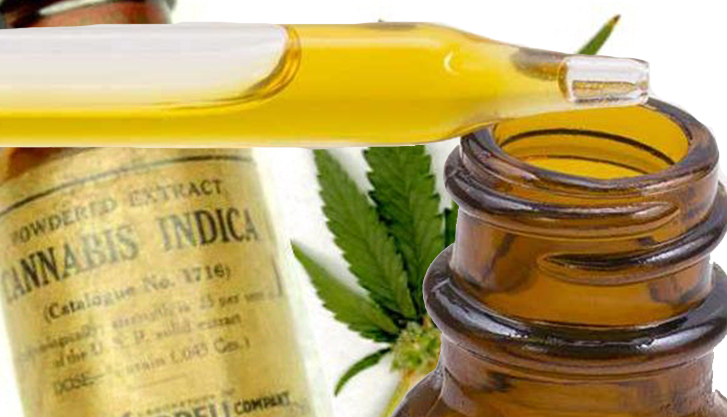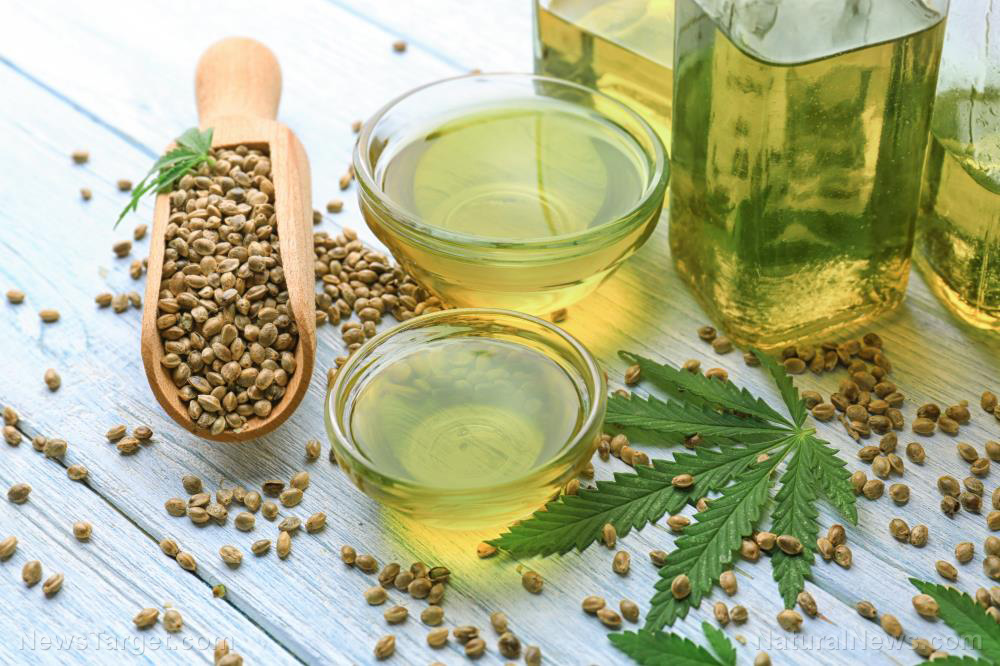5 Herbs that are proven to naturally lower your blood pressure
10/12/2018 / By Rhonda Johansson
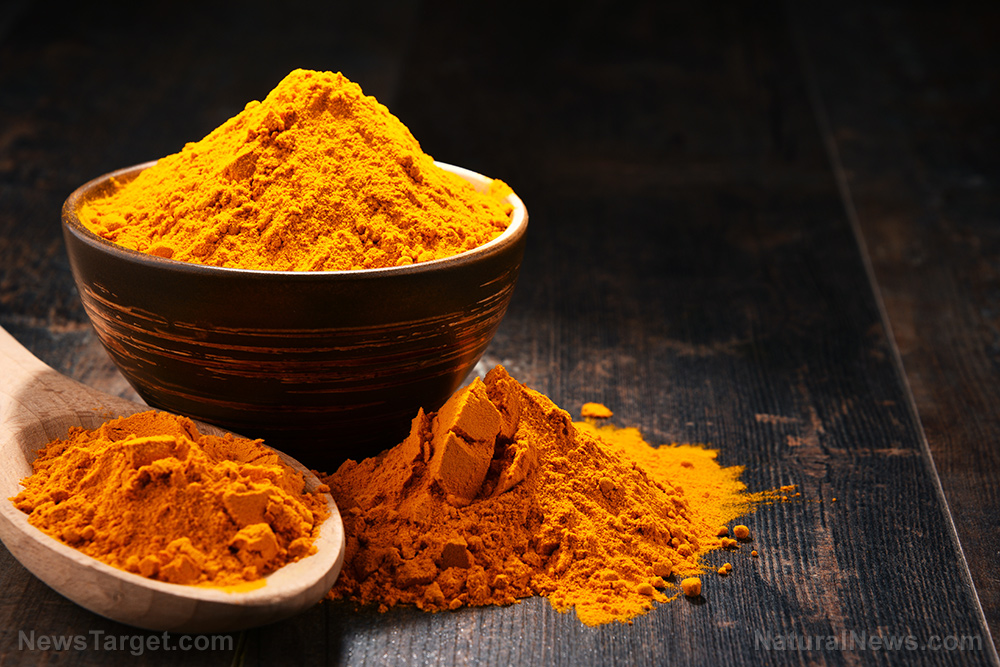
High blood pressure, or hypertension, is a medical condition wherein the force of the blood pushing against the walls of your blood vessels is consistently too high. Being hypertensive puts you at a greater risk of developing a heart attack or stroke. The primary way high blood pressure causes harm is by stressing out your heart and blood vessels – they have to work harder and less efficiently just to keep you alive.
Over time, this workload damages delicate tissues inside your arteries. This contributes to the formation of bad cholesterol along the tears in the artery walls, narrowing the passages where blood flows.
Most people do not even know they have high blood pressure, which is why many doctors call the condition the “silent killer.” Hypertension can be quietly causing damage and can be threatening your health at this very moment.
There are a variety of classes of high blood pressure medications. Each has their own mechanisms of action and is meant to only manage the condition. Cardiologists are pressured by Big Pharma to immediately prescribe these drugs without first considering natural methods. (Related: Natural hypertension remedies that quickly lower blood pressure.)
One of these is the use of herbal remedies.
Five herbs show great potential for this purpose.
Turmeric
Curcumin, the antioxidant found in turmeric, helps lower blood pressure by protecting your heart and blood vessels from damage. As mentioned earlier, a common reason for hypertension is the accumulation of plaque in the arteries. Plaque narrows your arteries, slowing the flow of blood to the heart, and eventually causing damage. Curcumin prevents this from happening. Studies have also shown that curcumin may inhibit the production of the angiotensin-converting enzyme (ACE) which narrows your blood vessels.
Turmeric is likewise a powerful anti-inflammatory. This helps keep hypertension at bay.
Ginger root
The chemical compounds found in ginger may help reduce high blood pressure. Ginger lowers the body’s overall blood cholesterol, in turn reducing the risk of heart disease. Cholesterol can contribute to the sticky plaque along the artery walls and blood vessels.
Ginger also prevents blood clots from forming in your blood vessels.
Hawthorn berry
Studies have shown that hawthorn is a safe and effective agent in treating ischemic heart disease caused by high blood pressure. Compounds found in hawthorn berry help lower the amounts of nitric oxide which may contribute to hypertension.
Researchers have also observed that hawthorn berry further improves blood flow by relaxing blood vessels and strengthening the heart muscles.
Olive leaf
Olive leaf has been clinically proven to help treat pre-hypertension and stage 1 hypertension. Swiss and German researchers reported in 2008 that olive leaf extracts reduced blood pressure and lowered cholesterol levels in adults with pre-hypertension. They concluded that dosages of around 500 mg were the best in improving heart health.
Ginkgo biloba
There is accumulating evidence that suggests that ginkgo biloba improves cardiovascular health through its vasodilatory and antihypertensive properties. In fact, it has been suggested that ginkgo works just as effectively as prescription medicine in improving blood vessel function. While researchers are hesitant to definitely conclude on ginkgo’s usefulness in treating essential hypertension, folk healers continue to recommend it as a natural remedy to improve overall health.
It is advised to take these herbs as part of a comprehensive approach to cardiovascular health. This means supplementing them with regular exercise and correct eating plans. These herbs are not quick-fix solutions. Preventing hypertension is part of establishing a healthy lifestyle.
Learn how to keep your heart healthy at Heart.news.
Sources include:
Tagged Under: cardiovascular health, disease prevention, heart attack, heart disease, heart health, Herbs, high blood pressure, hypertension, natural cures, natural medicine, natural remedies, pre-hypertension, stroke



